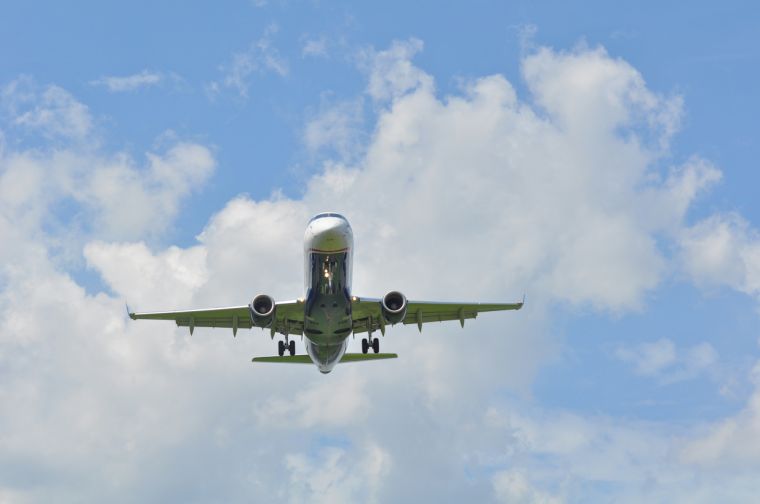Safe Travels
February 1, 2010
Following the Christmas Day terror scare on a Detroit-bound airplane, questions have risen in regard to the level of security used at airports. Members of the National Intelligence and Homeland Security committees have argued for weeks about the law, all the while falling short of a satisfactory solution. Along the way, however, I believe that they’ve missed the point of this ever-growing debate.
Like the weeks following the Sept. 11 terrorist attacks, we’re searching for ways to increase security and prevent threats in the future. However, we have yet to see the changes necessary to keep our nation and its citizens safe. And when it comes to the reasoning behind a lack of legislation, its legitimacy seems to fall short in comparison to the need for safety and security.
One of the biggest disputes following this latest terror threat is the use of full body scanners in airports. The opposition argues that the use of this security measure invades the privacy of travelers by taking images of their bodies underneath their clothes. They also believe that it is unnecessary to send small children and elderly people through these scanners because they assume these individuals are innocent due to their age.
When it comes to the body images taken by the scanners, security officials describe them as mere outlines of the body that will detect any suspicious material hidden under clothing. Officials also report that the images are viewed in a remote location, and they are not saved by airport computers. Additionally, this method prevents the practice of full-body pat-down procedures, something that could raise even more personal privacy issues than the scanners.
Furthermore, giving allowances to individuals because their age supposedly grants them innocence is ridiculous. Who’s to say that elderly people aren’t capable of creating a bomb, or that parents haven’t hidden material in their children’s clothing because they know they won’t be checked? In times like these, anyone can be a suspect.
This notion of allowances can also operate at the other end of the spectrum, leading to stereotyping of other individuals. For example, are we going to ensure that anyone who looks like a Muslim is passed through the toughest security measures? What about people traveling to the U.S. from countries like Nigeria or Afghanistan? Will they automatically be subjected to forms of screening not required for other individuals?
While I understand that privacy is something we all have a right to, it is also stated in the Constitution that citizens have the right to life, liberty and the pursuit of happiness, an umbrella concept that encompasses safety and security. When it comes down to it, the decision lies in which right supercedes the other.
I ask you to consider the following question: would you rather risk having an airport official see your body scanner image, or would you choose to risk your life instead? To put the issue on a grander scale, would you fight for your personal right to privacy, all the while subjecting millions of other citizens to the possibility of a terror threat? They deserve the right to life, the right to safety and security. Don’t deny them of that.



